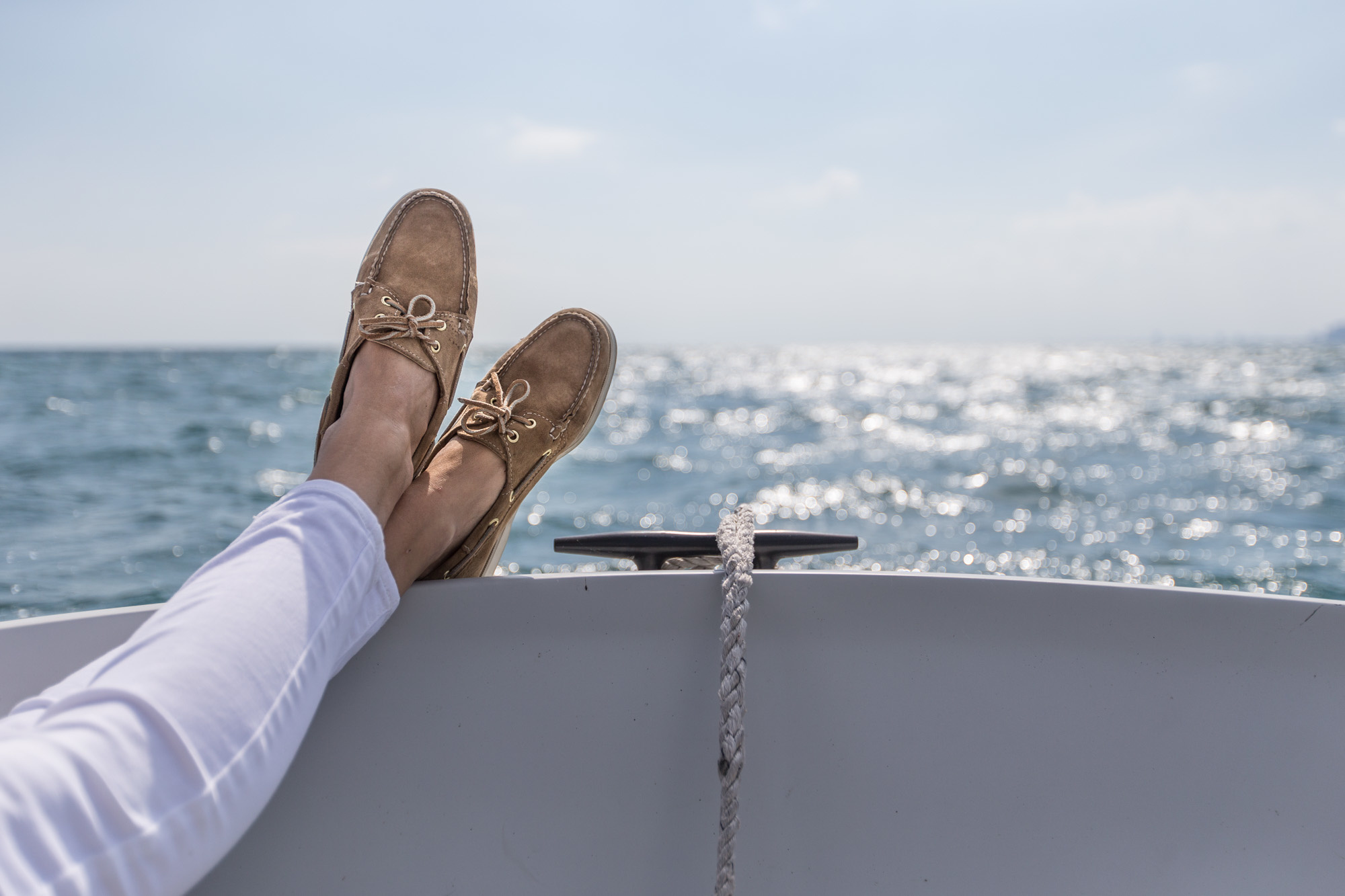Your brain on a boat (it’s better)

The next time a non-boater asks why you like boating so much, you don’t have to search for just the right words to describe how you feel. You can just say there is scientific proof the mere sight, smell or sound of water triggers a biological response that lowers cortisol (your body’s stress hormone), increases serotonin (the “happy” chemical”), and induces relaxation.
That’s what Dr. Wallace J. Nichols says. The marine biologist and author of Blue Mind: The Surprising Science That Shows How Being Near, In, On, or Under Water Can Make You Happier, Healthier, More Connected, and Better at What You Do, has researched and explored the health and wellness benefits of boating.
“Being on a boat is one of the best ways to access the wellness benefits of the water,” writes Dr. Nichols.
Red Mind, Blue Mind
“Red Mind” according to his research is a state described as an “edgy high, characterized by stress, anxiety and fear.”
He goes on to say this is exacerbated by a constant connection to technology that means our brains don’t get a break.
The flip side of “Red Mind” is “Blue Mind” – a mildly meditative state characterized by calm, peacefulness, unity, and a sense of general happiness.
Blue Mind and Boating
As you might guess, Nichols says boating triggers the Blue Mind. It provides the means to get outside of daily routines, allowing our brains to reset.
Being on a boat promotes physiological and psychological changes spanning health and wellness, awe and wonder, creativity and play, happiness and relaxation.
Discover Boating partnered with Dr. Nichols to promote Blue Mind in a 2018 marketing campaign, and they have a landing page with some downloadable infographics and social media tools.
And if you can’t remember all that stuff about cortisol and serotonin the next time someone asks why you like to boat so much, you can always just say because it’s so much fun. That works too.




